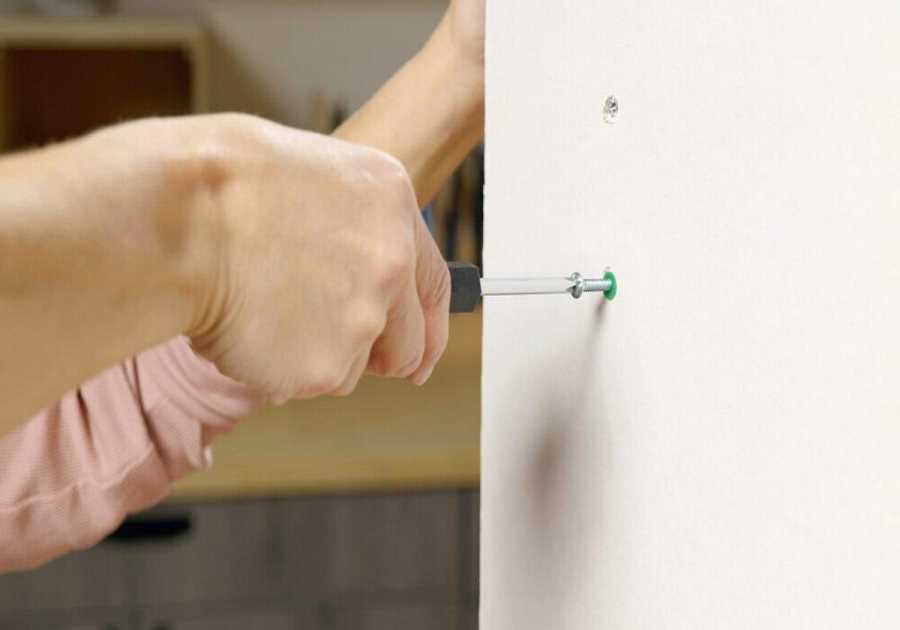When you turn your back on your dog in the backyard, do they quickly add another pothole in your grass or flower bed? If your dog is an expert excavator, you know the damage this behavior can cause. Plus, with the prospect of digging up toxic bulbs or an escape route under your fence, digging can be dangerous for dogs, too.
If you’re frustrated by repeatedly filling in holes dug by pets or cleaning up the trails of muddy paw prints in your home, don’t despair. We asked experts why dogs dig holes and what steps you can take to stop this destructive behavior.
Why Do Dogs Dig Holes?
While it might be maddening, your dog isn’t trying to cause trouble when they dig. A dog’s drive to dig is instinctual and stronger in certain breeds (such as terriers).
Ferdie Yau, MA, CPDT-KA (Certified Professional Dog Trainer-Knowledge Assessed), canine behavior consultant, explains that digging is a natural behavior. Yau says there can be many reasons for this behavior, including “Digging after prey, caching food or toys, investigating an interesting smell, creating a cool place to nest on a hot day, alleviating boredom or because other dogs around them are doing it”
“Less common reasons may include digging to get underneath a barrier like a fence or reproductive behavior as when a female digs to create a den for her pups,” he explains
Dr. Amy L. Pike, a board-certified veterinary behaviorist, adds that anxious dogs also dig to relieve stress.
Understanding what’s driving your dog to dig makes it easier to manage or channel positively. Here are seven ways to stop dogs from digging holes in your yard.
Supervise Yard Time
Set your dog up for success by always supervising their yard time. When you catch them in the act, you can redirect them to rewarding activities that are less destructive.
Offer Extra Exercise and Enrichment
Many dogs dig for fun and are more likely to do it if they’re bored or need to burn off energy. Instead of leaving your dog unsupervised in the garden, get them out for longer walks, try a dog sport, or invest in some interactive puzzle toys.
“I may suggest nosework [a sport where dogs seek out different scents, similar to what professional detection dogs do] or taking the dog on a hike where they’re allowed to sniff and explore as much as they want. Snuffle mats and snuffle balls are also helpful,” Yau says.
Designate a Digging Zone
Even if you don’t want holes in your lawn, you don’t have to eliminate your dog’s digging altogether.
“Some dogs may simply try to find other places to dig if you attempt to stop them, and it becomes a game of whack-a-mole,” Yau says. “I think you’re better off redirecting the dog to an appropriate space where they’re allowed to dig to their hearts’ delight.”
Draw your dog to the designated dig zone or sandbox by burying things they love, like toys, chews and treats. Dr. Pike also recommends opting for dog-friendly landscaping that makes the previously dug areas unattractive to your dog.
“Plant a tree there or bury chicken wire about one to two inches below the surface,” she suggests. You can also fence off flower beds to keep your dogs out.
Set Up Some Shady Spots
Dogs overheat easily and might dig holes to create a place to cool off on hot days. You’ll commonly see this in cold-weather breeds, like Huskies. Ensure your dog has plenty of backyard shady spots to retreat to and bring them inside if temperatures soar.
Janet Cutler, certified applied animal behaviorist also suggests that you “provide a kiddie pool for dogs that like to dig in wet earth or are digging to keep cool.”
Help Your Anxious Dog Relax

If you’re debating whether your dog is digging as an outlet for relieving stress., Cutler recommends observing their body language for clues.
“If their body, ears and tail are nice and relaxed beforehand, then it’s less likely they’re anxious,” she says. “If they’re pacing and whining, with their ears back and their body lowered or stiff, then it could be due to anxiety.”
“Different types of anxiety could be causing the behavior, including separation anxiety, noise phobias and fear, due to things they smell, see or hear outside,” Cutler explains further.
Consider calling in a certified behaviorist if you can’t remove the thing causing the anxious digging or if you’re struggling to help your dog feel more relaxed around their triggers. These professionals can help build confidence and positively change your dog’s emotional response.
Rid Your Yard of Uninvited Critters
“Terriers are more likely to try and get to rodents,” Dr. Pike says. But any breed can chase moles, voles, gophers or other pests with underground homes. Humanely ridding your yard of rodents using dog-safe solutions removes your prey-driven pet’s incentive to dig.
Work Out Why Houdini Hounds Are Trying to Escape
It’s most worrying when your dog continually digs under your fence to escape. Whether that’s for a bit of adventure, because they’re fearful in the yard or picked up a compelling scent, you’ll want to get a handle on the habit quickly.
“Neutering could possibly help remove some of the motivation if a dog is digging to escape and reach another dog,” Cutler says. “However, if your dog has learned how to dig and escape, it’s very unlikely that neutering alone will keep them from doing so again since they’ve already learned the behavior.”
While it does make sense to dog-proof your fence with chicken wire, rocks or poured concrete, keep a watchful eye on your pet in the backyard regardless. If your dog is a Houdini, don’t leave them in the yard unsupervised.
What Not To Do To Stop Your Dog From Digging
There are lots of sensible strategies to discourage inappropriate digging, and there are also some to steer clear of.
“I definitely would avoid the use of remote e-collars or the use of water sprays, loud noises or other aversives,” Yau says. “The owner may risk damaging the human-canine relationship or increase problem behaviors related to anxiety and aggression.”
Did you miss our previous article...
https://rsssuperfeeds.com/life-hacks/how-to-hang-outdoor-string-lights






